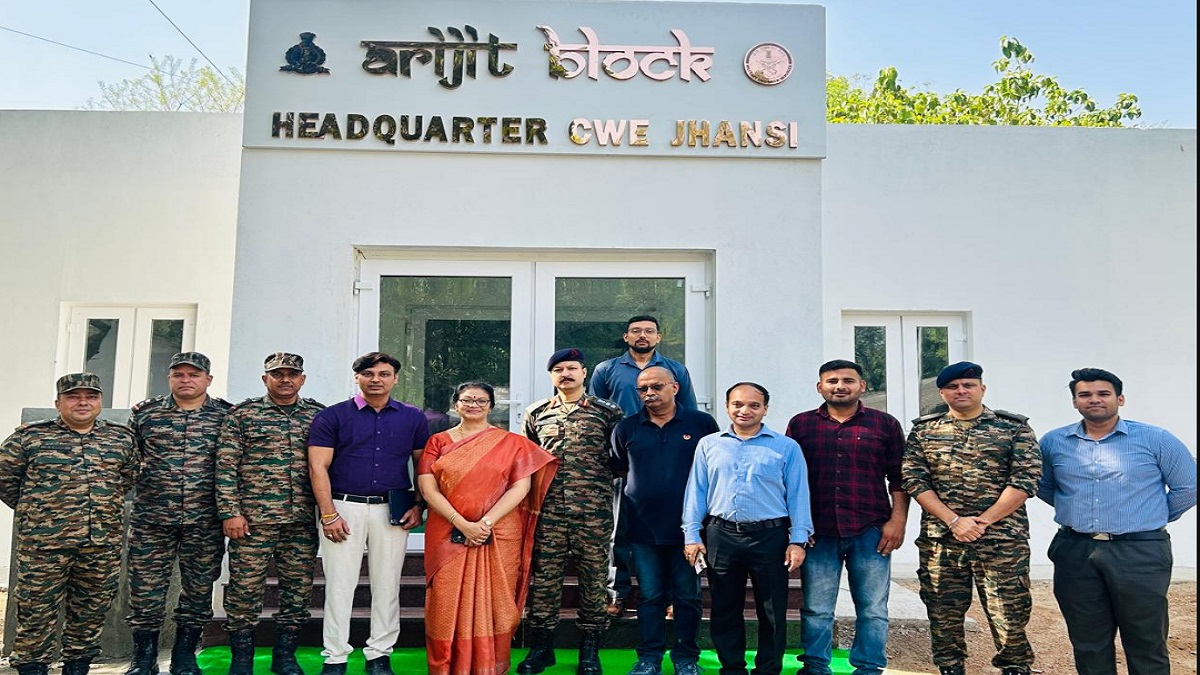In a groundbreaking initiative aimed at advancing sustainable infrastructure, the National Institute of Technology (NIT) Calicut has teamed up with the Indian Army to develop India’s first geothermal-based Net Zero Energy Building at CWE Jhansi. This collaboration, led by Prof. Prasad Krishna, Director of NIT Calicut, and Prof. A. Shaija, Chairperson of the Centre for Clean Energy and Circular Economy (CCECE), promises to redefine the future of green energy and sustainable defense infrastructure.
The project is part of an ambitious effort to incorporate geothermal technology for heating and cooling applications, addressing India’s growing energy needs while reducing the environmental impact of military operations. The building, powered by a geothermal system and supplemented by rooftop solar panels, generates more energy than it consumes annually, achieving an impressive Energy Performance Index (EPI) below 35.
Col. Akhil Singh Charak of the Indian Army and Arijit Ghosh, Managing Director of SAP Automation Pvt. Ltd., are key figures in validating and advancing this cutting-edge project. Dr. Vinod Kumar Sharma and Dr. Deepa S. N., from CCECE, visited the site to engage in strategic discussions on the potential of geothermal energy to drive energy independence and carbon-neutral operations in defense infrastructure.
This collaborative effort highlights the Indian Army’s commitment to environmental sustainability, showcasing the potential of renewable energy solutions to reduce CO₂ emissions significantly. By reducing reliance on traditional energy sources, this project sets a new standard for eco-friendly military infrastructure in India, emphasizing the Army’s vision of self-sufficiency and energy resilience.
With the completion of this project, India moves one step closer to realizing a future where defense and energy infrastructure work hand in hand towards a cleaner, greener future.













